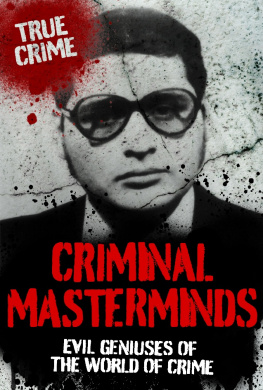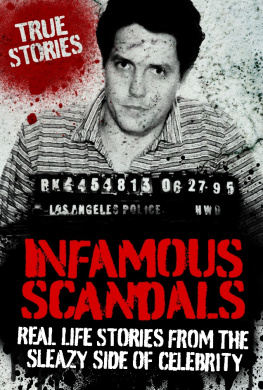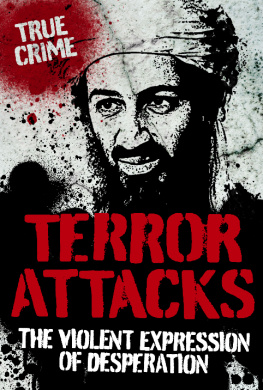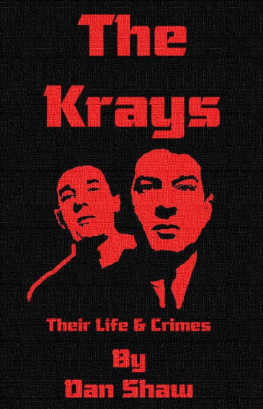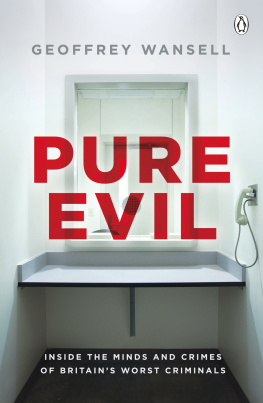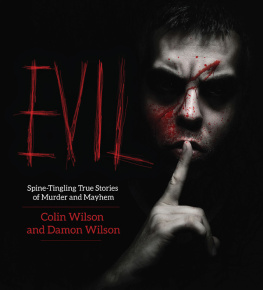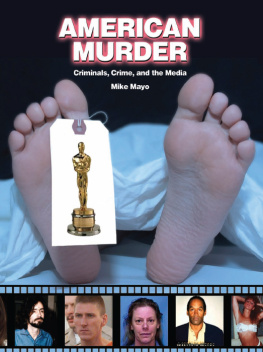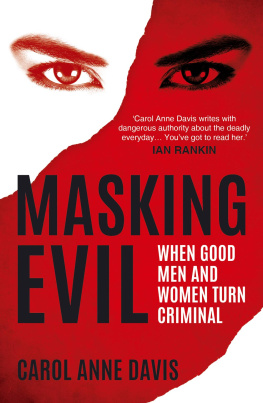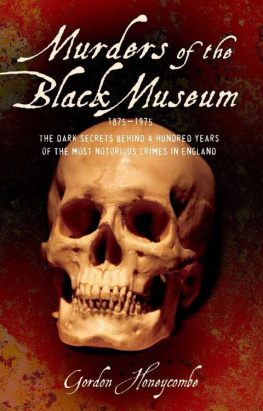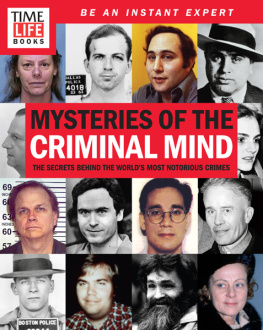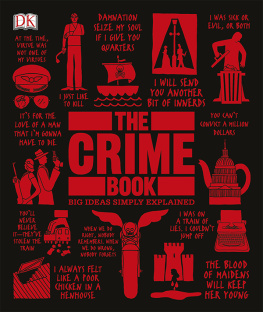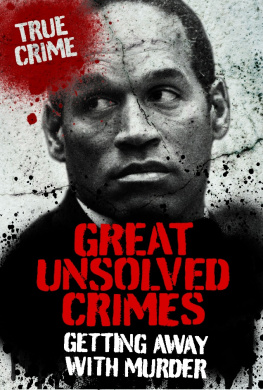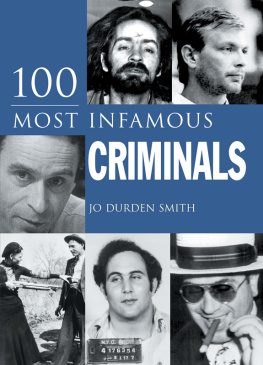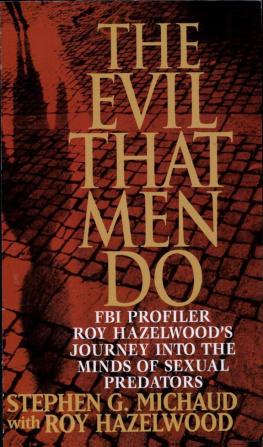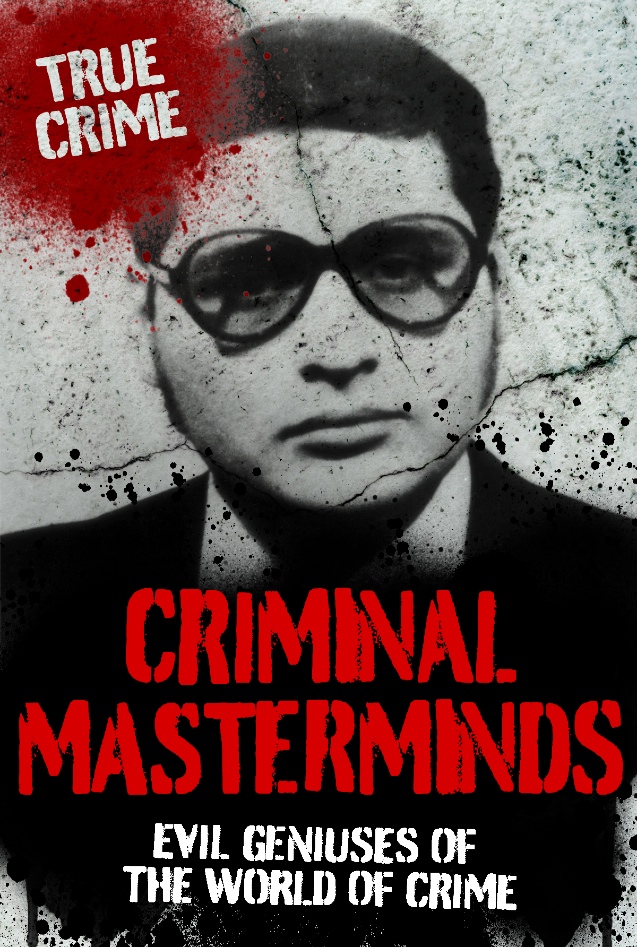Introduction

In this book you will read about some of the most ruthless criminal masterminds ever to walk the face of the earth: Attila the Hun, Vlad the Impaler, Arnold The Brain Rothstein, Lucky Luciano, Carlos the Jackal, the thirties art forger Han van Meegeren and Frank Abagnale Junior, the con man and high-school dropout who managed to persuade the world that he had qualifications to practise as pilot, a doctor and a lawyer, among other professions. Along the way, we take a look at some of the female fiends of history, such as Countess Bathory, the sixteenth-century Slovakian murderess, who tortured hundreds of peasant girls to death in her castle, after indulging in her sexual perversions with them. There are also murderers, outlaws and thieves of the eighteenth century, like Jack Sheppard and Jonathan Wild, who terrorised the population of London, and when they were finally brought to justice and imprisoned, managed to escape repeatedly from high-security prisons. And there are the double agents of the Cold War years in the twentieth century, such as Kim Philby and the Cambridge Spies, the upper-class Englishmen whose apparent political allegiances to the Soviet regime are still not fully understood.
Moral bankruptcy
Then there are the outlaws who have gained a popular reputation over the years as romantic Robin Hood figures, like the Australian bushman Ned Kelly, who brought the plight of rural poverty among the settlers in the country to the authorities attention, and who managed to evade capture for years but who finally met his end in a shoot-out with the police. Less romantic, but equally fascinating, are the accounts of nihilistic terrorists such as Abu Nidal and the Baader-Meinhof Gang, who sought to undermine the very fabric of Western democracy, for reasons that are hard to fathom. Like the Cambridge Spies in the UK, who colluded with the Soviet government against the West, these groups appear to have started out as politically motivated, only to degenerate into violence and moral bankruptcy.
Also included in this book, just for fun, are the most satisfyingly evil, devious criminal masterminds of all: those of the world of fiction, such as Blofeld, the James Bond villain; Fu Manchu, the evil genius of China and Fantomas, the ubiquitous, elusive French super-thief. In these fictional creations, we see the archetypal criminal masterminds characters who are imagined as highly intelligent, gifted individuals, but whose ingenuity and cunning is used to wreak their revenge on mankind.
It is this aspect of criminal masterminds, whether real or fictional, that seems to fascinate us: that an individual can be intelligent, brilliant, a genius even, yet completely lack any moral sense that would encourage him or her to use their talents for the good of humanity. Indeed, there seems almost to be a popular fear that extreme intelligence may almost be supernatural, or at least unnatural; and that a high level of culture, sophistication and learning may sometimes go hand-in-hand with a desire to destroy lesser mortals in the service of a higher plan. The facts of human history seem in some ways to bear this out. Many of the leaders of the Nazi party in the Third Reich were highly intelligent, cultured individuals who greatly appreciated the art, music and learning that had characterised Germany over the centuries. Similarly, the leader of the terrorist group Shining Path in Peru, Abimael Guzman, was at one time a professor of philosophy and a highly respected political thinker. In addition, one can point to the Cambridge Spies as some of the most highly educated people in the UK, members of a class elite that traditionally held conservative views. Yet all these individuals used their gifts of native intelligence, education and social position, to ignore the dictates of decency, to treat their opponents without mercy, to behave like the most common, violent street thugs, with no feeling for humanity. One cant help but ask Why?
Social background
In a sense, the answer is blindingly obvious. Most criminals act out of a combination of greed, self-interest and lack of concern for others. The gains and the risks are clear enough. As Willie The Actor Sutton allegedly put it, when asked why he robbed banks: Because thats where the money is! Yet the picture that emerges from these stories is actually a rather more complex one.
As one would expect, the social milieu in which a criminal grows up usually has a major part to play in their career choice. For example, during the period of Prohibition, career opportunities in the legal world of business were few and far between for immigrant youngsters raised on the mean streets of North Americas big cities, whether Jewish, Italian or German. No wonder that the more ambitious and ingenious among them, such as Meyer Lansky, Bugsy Siegel and Dutch Schultz, turned to bootlegging, drug running and the like to make their fortunes, rather than spend their lives working for a pittance in the same kind of dead-end jobs that their parents had to work at. For example, Meyer Lanskys father was in the New York garment trade, an exemplary immigrant who worked extremely hard for a living, yet who barely managed to feed his family. His son, a bright, ambitious boy, was determined not to follow in his fathers footsteps, and thus turned to a life of crime from an early age as a way of improving his prospects. Unlike some of his contemporaries, such as his friend Bugsy Siegel, later on in his life, Lansky had the intelligence to steer clear of directly involving himself with violence and mayhem, thus ensuring that he had a long and successful career in organised crime.
Emotional history
However, even with the mobsters, there are the exceptions. Arnold Rothstein, for example perhaps the most famous criminal mastermind of all and the man whose legendary wealth and habit of carrying around large wads of cash gained him the nickname the Big Bankroll was the son of a wealthy New York Jewish businessman. The young Arnold could easily have chosen from a range of middle-class careers. So why did he choose to become a gangster instead? Perhaps it was for financial gain. Before he met his violent end, Rothstein had become an immensely wealthy man. However, his personal history shows that there were emotional reasons why he may have chosen to become a gangland criminal rather than a respectable businessman. From an early age, he had been rejected by his parents and felt that they favoured his brother. It may be that he took to crime as a form of rebellion against the family who had mistreated him, and against the Jewish culture that they were part of.

